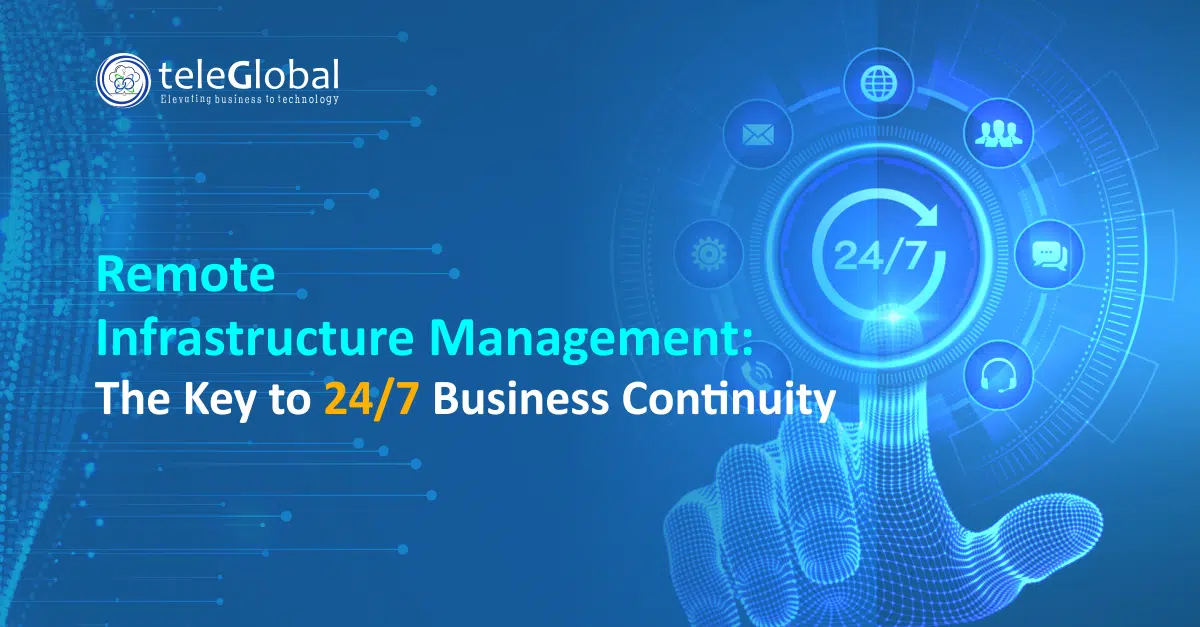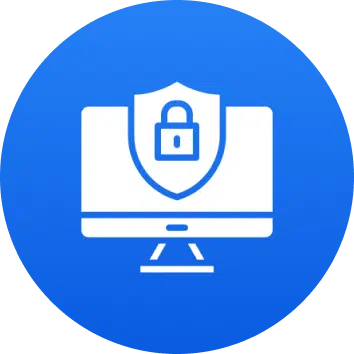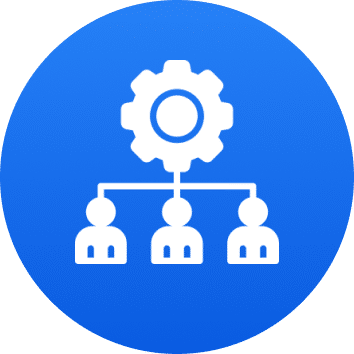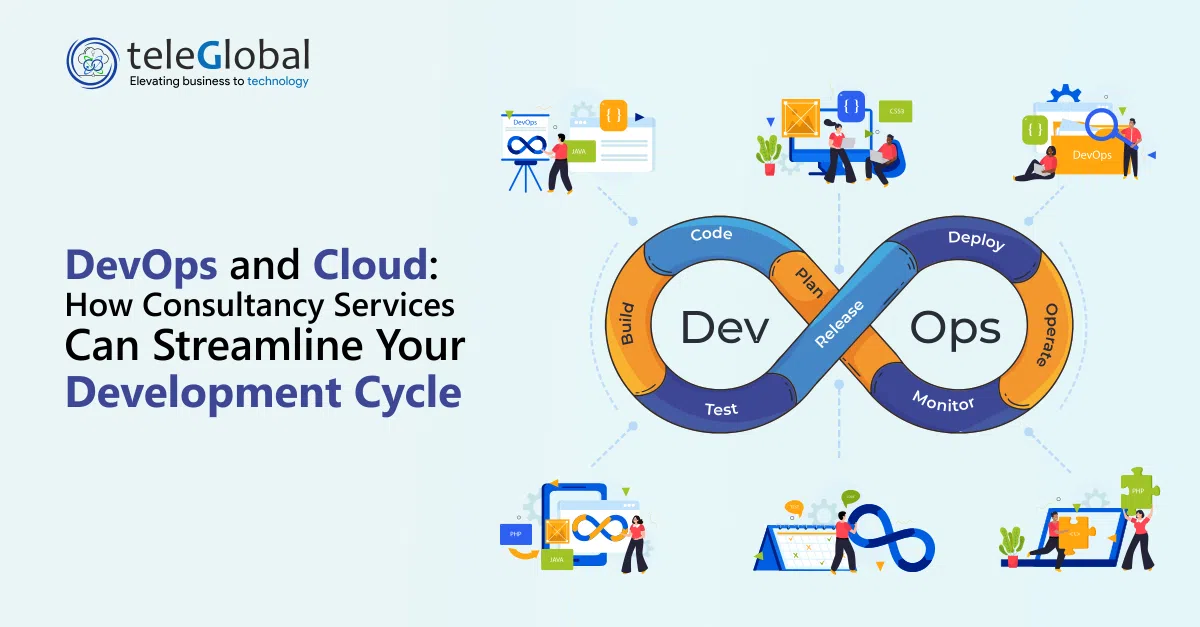
In today’s digital world, businesses must be up and running around the clock. Downtime can cause big problems, from financial losses to damaged reputations. To keep operations smooth, companies need reliable IT infrastructure. This is where Remote Infrastructure Management (RIM) comes into play, ensuring continuous operation without the need for on-site presence.
Why 24/7 Business Continuity Matters
Business continuity means a company can keep running even during disruptions. For many businesses, especially those online or operating globally, even a short downtime can cause major issues. Ensuring 24/7 business continuity helps avoid financial losses, keeps customers happy, and maintains the company’s reputation.
How RIM Ensures 24/7 Business Continuity
- Proactive Monitoring and Maintenance
RIM uses advanced tools to constantly check the health of IT systems. These tools can spot potential problems early, like hardware issues or network slowdowns, so they can be fixed before they become big issues. This proactive approach helps keep everything running smoothly.
- Quick Incident Response
When IT issues do occur, a fast response is crucial. RIM teams can quickly address problems from anywhere, reducing downtime and keeping business operations on track.
- Access to Specialized Experts
RIM providers have teams of IT experts with a wide range of skills. These specialists can handle any issue that arises, ensuring that complex problems are resolved efficiently. This expertise is available without the need for a large in-house IT team.
- Cost Efficiency
Having a full in-house IT team can be expensive. RIM offers a cost-effective alternative by providing necessary services as needed. This helps businesses save money while still maintaining a strong IT infrastructure.
- Scalability and Flexibility
As businesses grow, their IT needs change. RIM can easily scale to meet new demands, whether it’s increasing server capacity or enhancing security. This flexibility helps businesses adapt quickly to changes.
- Enhanced Security
Security is a major concern for all businesses. RIM providers use advanced security measures to protect IT systems from threats. Regular security checks and updates help keep systems secure, protecting sensitive data and business operations.
The Benefits of RIM
Business Agility
RIM allows businesses to quickly adapt to changes and new technologies. This agility is crucial for staying competitive in a fast-paced market.
Focus on Core Activities
By outsourcing IT management to RIM providers, businesses can focus on their main activities and strategic goals. This lets them allocate more resources to innovation and customer service.
Better Resource Utilization
RIM helps businesses use their IT resources more efficiently. This optimization leads to less waste and a better return on IT investments.
Conclusion
In today’s digital and interconnected world, Remote Infrastructure Management is key to ensuring 24/7 business continuity. With proactive monitoring, quick incident response, access to expert knowledge, cost efficiency, scalability, and enhanced security, RIM keeps businesses running smoothly and securely. Embracing RIM is essential for any organization aiming to succeed in the competitive and unpredictable market.
Investing in Remote Infrastructure Management (RIM) helps businesses avoid disruptions, maintain customer trust, and stay ready for the demands of the digital age.








































